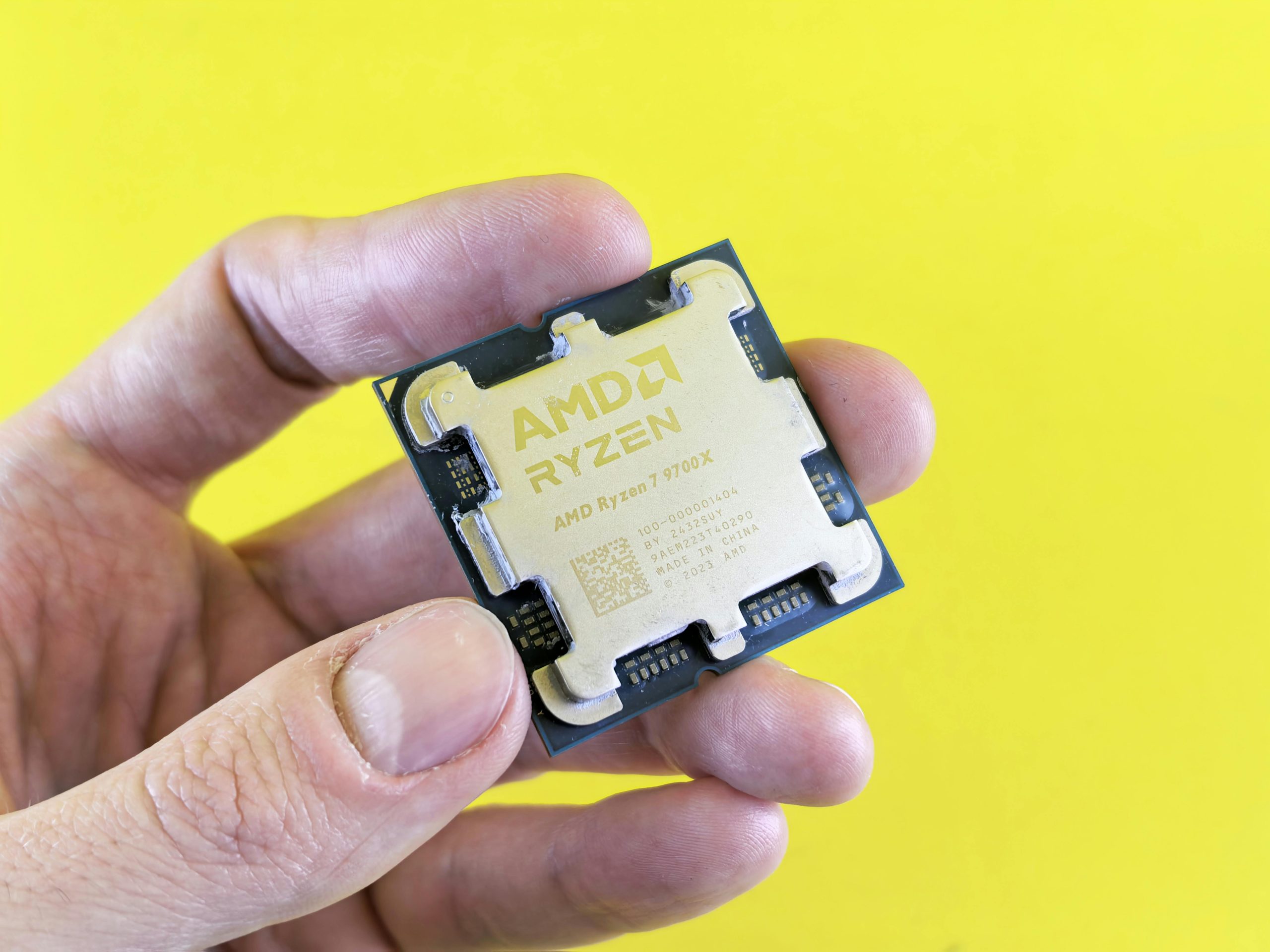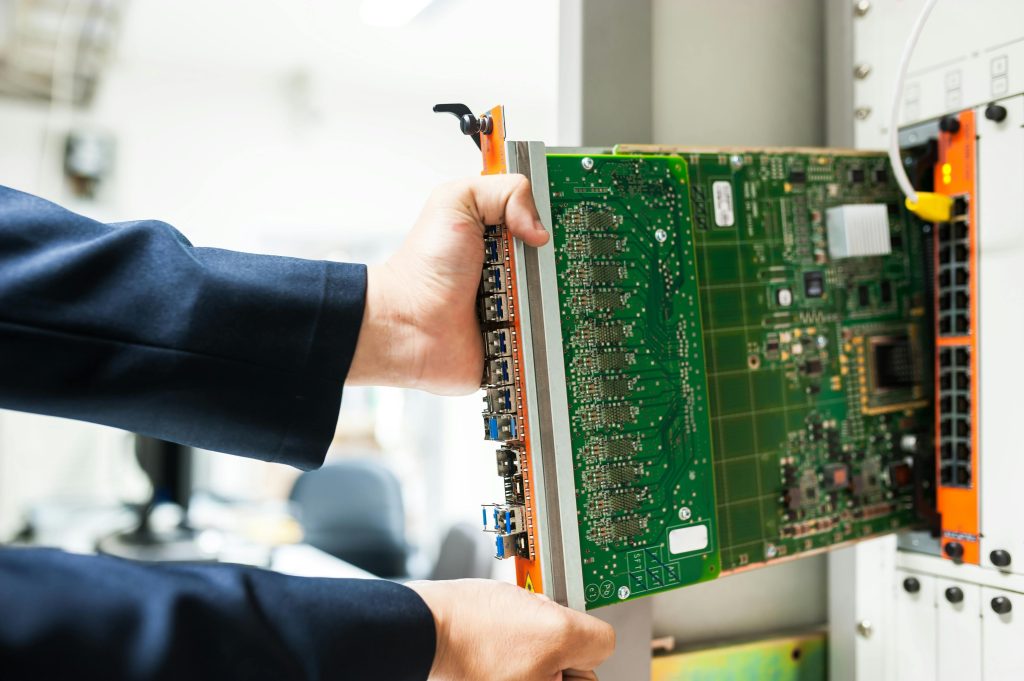Understanding and Troubleshooting Unexpected CPU Throttling in AMD Ryzen 7 5700X3D Systems
In modern gaming and computing environments, ensuring optimal CPU performance is essential for a smooth experience. However, users sometimes encounter perplexing issues such as CPU clock speed reductions during gaming, which can lead to decreased frame rates and overall system sluggishness. A common scenario involves the AMD Ryzen 7 5700X3D experiencing unexpected throttling down to low frequencies, even when system usage appears minimal.
This article explores potential causes, diagnostic steps, and solutions to address such performance anomalies.
Case Overview
A user with a system comprising a Ryzen 7 5700X3D processor, an RX 7700 XT graphics card, 32 GB of 3600 MHz RAM, and SSD storage reported persistent performance issues. The symptoms included:
- CPU clock speeds dropping to approximately 1.2 GHz during gaming (e.g., PUBG)
- CPU usage around 25%
- Reduced frame rates
- Normal desktop operation with CPU speeds around 3 GHz
- General decline in gaming and system performance across various applications
Initial Troubleshooting Efforts
The user undertook several standard diagnostic procedures:
- Verified RAM configuration: 3600 MHz in dual-channel mode
- Ensured device drivers, including GPU and chipset, were current
- Confirmed BIOS settings with PBO (Precision Boost Overdrive) and CPPC (Collaborative Processor Performance Control) enabled
- Attempted to rectify potential software conflicts by reinstalling Ryzen Master, with no improvement
Potential Causes and Considerations
-
Power Management and BIOS Settings
AMD CPUs rely on precise power and thermal management. Sometimes, BIOS settings like CPU voltage, power limits, or thermal thresholds can inadvertently cause aggressive throttling. Review BIOS parameters related to performance scaling, PPT, TDC, EDC limits, and ensure PBO is configured optimally. -
Thermal Conditions
Overheating can trigger thermal throttling, reducing CPU frequencies to maintain safe operating temperatures. Check CPU temperatures during gaming sessions using monitoring tools such as HWMonitor or Ryzen Master. -
Operating System and Drivers
Although the user suspects Windows could be a factor, ensuring that Windows power plans are set to high performance and that no background processes are capping CPU usage is essential. Sometimes, Windows updates or background tasks can interfere with CPU performance. -
Background Applications and Power Plans
Share this content:



